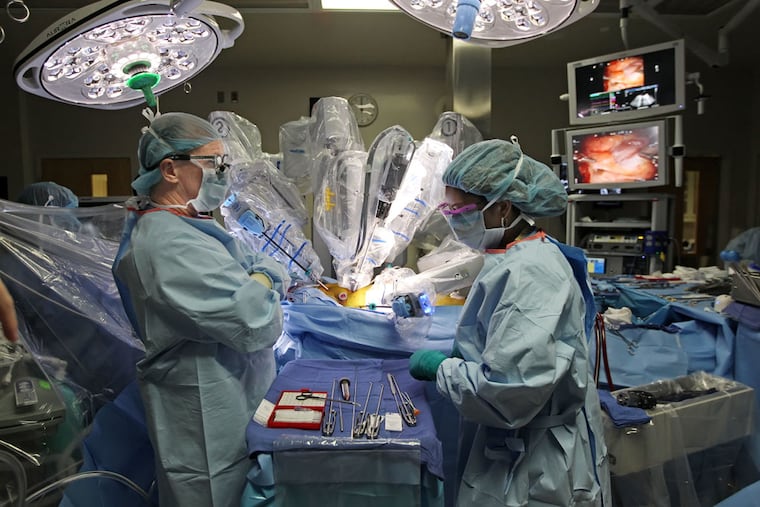Report: Here are 10 ‘opportunity’ jobs for folks in Philly without a four-year college degree
The Federal Reserve Banks of Philadelphia and Cleveland released a report identifying jobs that pay more than the national median income but don't require four-year degrees.

Could nurses, truck drivers, and bookkeeping clerks be part of the solution to Philadelphia’s high poverty rate?
A new report from the Federal Reserve Banks of Philadelphia and Cleveland points to a handful of “opportunity occupations" that fall into an economic sweet spot: They pay more than the national median wage — $39,900 in Philly, when adjusted for the city’s cost of living — and often don’t require four-year degrees, which 62 percent of Philadelphians older than 25 do not have.
“It’s important to remember that not all jobs are created equal,” said Keith Wardrip, the research manager for the Philadelphia Fed who worked on the report.
>> READ MORE: Philadelphians feel squeezed as U.S. economy seems to hum. That’s a poverty problem
Though the economy has steadily grown and unemployment is down, a 2016 Georgetown report found that nearly all of the jobs created after the Great Recession have gone to those with at least some college education. And large cities have seen their share of middle-wage jobs shrink as low-wage work grows, making an examination of “opportunity jobs” especially timely.
If cities want to boost employment for workers who don’t have degrees, the report could act as a playbook for where to direct economic development efforts, Wardrip said.
Here are some other takeaways from the report.
1 in 5 jobs is an opportunity occupation in Philadelphia
These kinds of jobs compose 20 percent of the jobs in the Philadelphia-Camden-Wilmington area, a rate close to the national average. Smaller metropolitan areas l=such as York, Pa., and Scranton-Wilkes Barre-Hazleton, both at 25 percent, have a higher share.
Wardrip said the research team had not come up with an ideal number for the share of opportunity jobs in an area.
Employers appear to change degree requirements as the economy changes
Researchers found that the share of jobs ads for opportunity jobs rose as much as 5 percent in recent years, suggesting that degree requirements are not necessarily fixed. “As the size of the labor pool changes, the credentials that employers can ask for can also change,” Wardrip said.
Some of these opportunity jobs are growing but some are also at risk for automation
Jobs such as nurses, electricians, and maintenance and repair workers are all expected to grow in the next seven years. The report identified those occupations as not at risk for automation, unlike opportunity jobs such as carpenters, administrative assistants, and accounting clerks.
Philadelphia Media Network is one of 21 news organizations producing Broke in Philly, a collaborative reporting project on solutions to poverty and the city’s push toward economic justice. See all of our reporting at brokeinphilly.org.